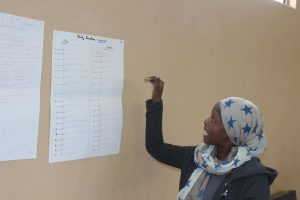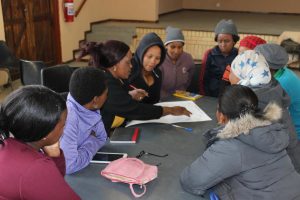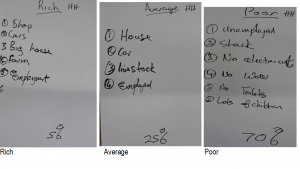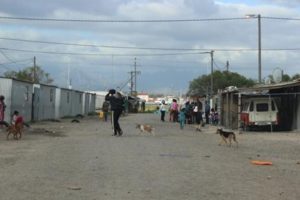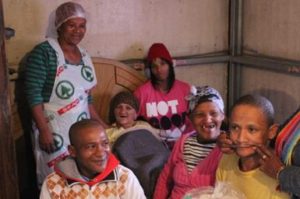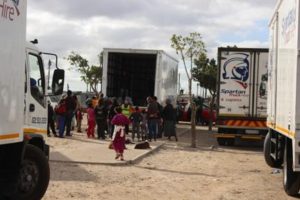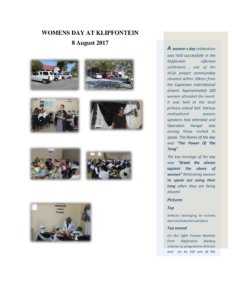Experiential school learning garden at one of the community schools in Mqanduli.
The kids designed this school permaculture demonstration garden.
They were involved in the establishment right from the start, making composts, raising seedlings, planting the garden and watering.
They are learning throughout all stages.
This helps improve pupils understanding of science subjects as well as gain understanding of how real food is produced as well as learning methodologies.
In growing food and how it works to maintain health and prolong life.






















